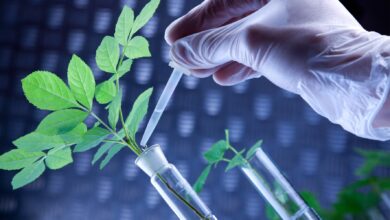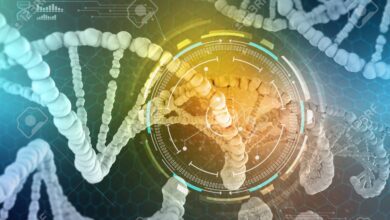Introduction
Have you ever wondered how medicine is evolving to treat complex diseases more effectively? The answer lies in the realm of biological drugs.
-
What are Biological Drugs?
Biological medications, often known as biologics, are a type of pharmaceuticals that are either generated from live creatures or contain living organism-derived components. Biologics, in contrast to conventional medications, are derived from natural sources such as cells, tissues, and even DNA.
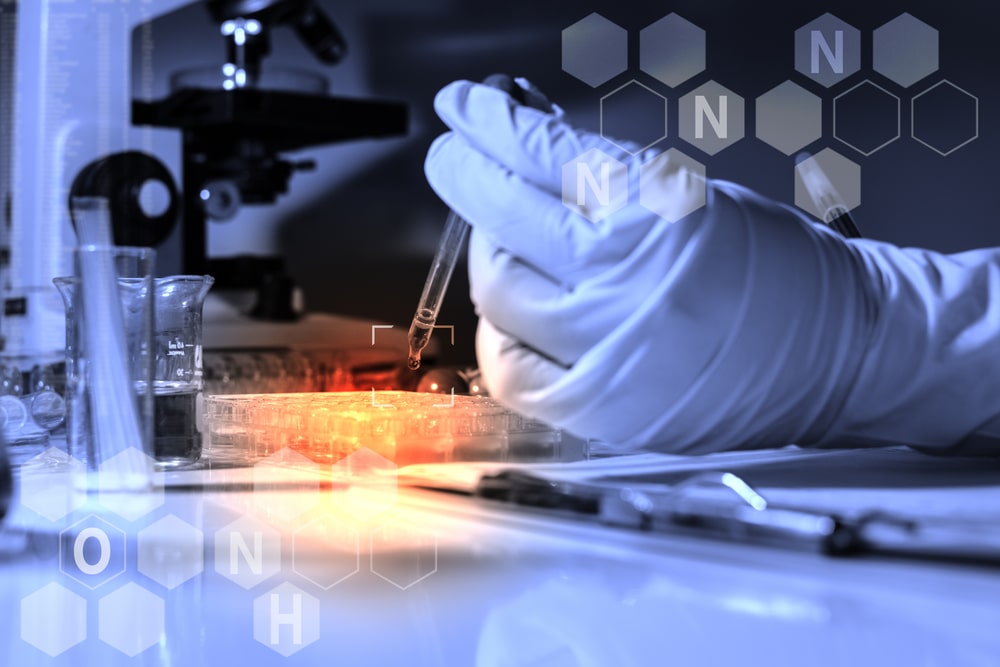
-
How are they different from traditional drugs?
Picture this: comparing biologics to traditional drugs is like comparing a grand symphony to a single musical note. While both have their places in medicine, biologics are often more complex and target-specific.
The Manufacturing Process
-
From cells to medicine
Crafting a biological drug is a challenging feat. It involves cultivating cells that produce the desired protein or substance. This is then harvested, purified, and formulated into a medicinal product. Can you imagine creating medicine from microscopic cells?
-
Challenges in production
Despite the innovation, manufacturing biologics can be like walking on a tightrope. They require precise conditions to maintain their effectiveness and safety, and any slight variation can render the drug ineffective or even harmful.
Benefits of Biological Drugs
-
Efficacy and Precision
One of the most exhilarating aspects of biologics is their precision. Just as a key fits perfectly into its lock, biologics are tailored to target specific parts of the immune system, offering a more effective treatment for many conditions.
-
Reduced Side Effects
Have you ever been wary of side effects from medications? Biologics often result in fewer and less severe side effects due to their targeted approach.
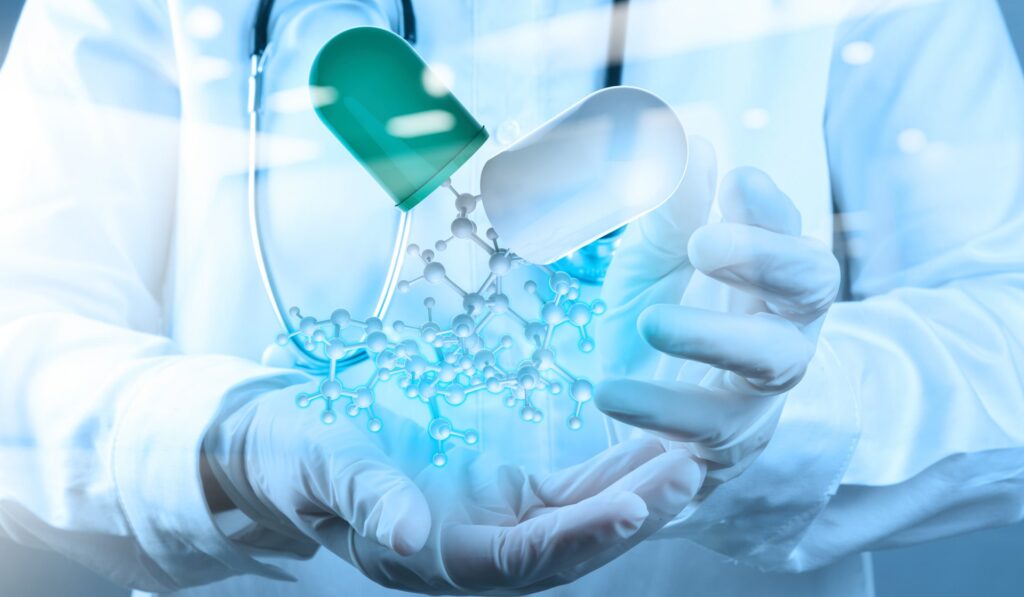
Potential Risks and Concerns
-
Immunogenicity
While biologics offer numerous benefits, they aren’t without challenges. The body sometimes recognizes these drugs as foreign invaders, leading to immune responses. This can diminish the drug’s effectiveness or cause adverse reactions.
-
Cost Implications
An effective treatment, but at what cost? Biologics can be significantly pricier than traditional drugs due to their complex manufacturing process and specialized storage and administration requirements.
Real-World Applications
-
Treatments and Therapies
Because biologics target particular regions of the immune system, they have transformed medicine and given patients hope for diseases like rheumatoid arthritis and some forms of cancer that were previously incurable.
Future Prospects
With advances in biotechnology and a deeper understanding of diseases, the horizon for biologics looks promising. Who knows what miraculous treatments await us in the future?
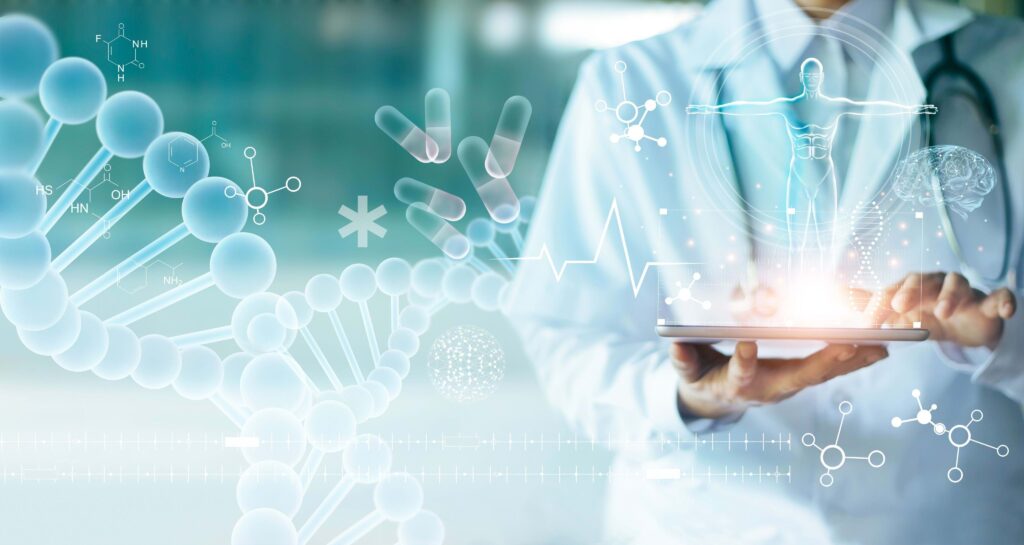
Conclusion
Biological drugs have revolutionized medicine with their precise efficacy and reduced side effects. By focusing on certain immune system regions, biologics have transformed medicine and given patients with diseases like rheumatoid arthritis and some forms of cancer that were previously incurable hope.
FAQs for Biological drugs
Are biologics safe for long-term use?
Most biologics have a good safety profile, but long-term effects are continuously studied. Always consult with a healthcare professional regarding any concerns.
Why are biologics more expensive than traditional drugs?
The complexity in production, research, and development, as well as specialized storage requirements, contribute to their higher costs.
Can biologics be taken with other medications?
This depends on individual cases. It's crucial to discuss this with a physician.
How are biologics administered?
Many biologics are given via injection, but the method can vary depending on the drug and condition being treated.
Rate our Article (Biological Drugs | The Revolution in Modern Medicine)How much do you like our Article?


